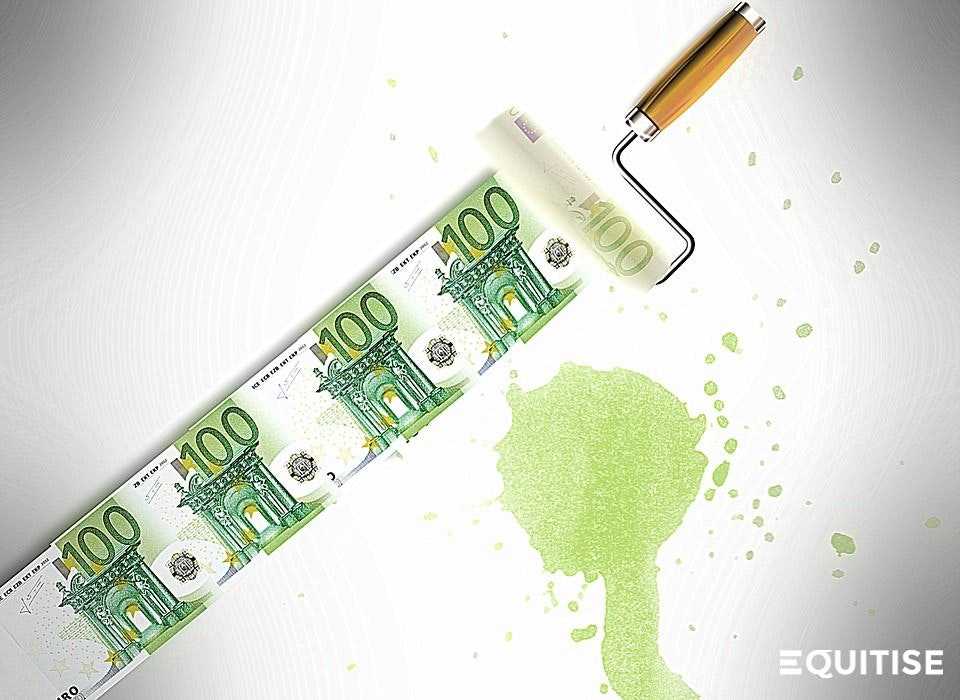2016 has been an unpredictable year in many respects, with the worlds of politics, finance and media colliding in unforeseen ways. As alternative finance continues to offer a democratic and transparent option to existing investment vehicles, the equity crowdfunding industry has expanded more than ever. The World Bank has estimated that the global equity crowdfunding sector will be worth more than $93 billion by 2020. With this in mind, Equitise assesses the outlook for global equity crowdfunding market trends in 2017.
In our previous post, Equitise looked at the first successful equity crowdfunded exits, a boon for the industry and investors alike. Success stories like these played into the narrative put forward by Massolution’s 2015 report, that crowdfunding would surpass VC investment in 2016.
2017 is set to be a watershed year for the equity crowdfunding sector, as 2016 has finally seen countries with significant impact on the global economy regulate the industry. With the enactment of the JOBS Act Title III in 2016, the US allowed for a new generation of early stage companies to use crowdfunded equities, to a limit of $1 million. Following this announcement, rewards-based equity crowdfunding platform Indigegogo has announced it will delve into the equity sector – having already raised over US $1 billion for its rewards-based projects.
With 20 platforms currently operating on the ECF marketplace in America, the expansion of Indiegogo’s activities is immense news, and signifies a shift for the US. While the UK and European countries with liberal and comprehensive regulations have previously led the way for the sector, now the US is seeking to compete, and this will both broaden the exposure of the industry and contribute to its expansion, as predicated by the World Bank.
The industry has shifted too in its creation of investment aggregators, such as AccessInvest, which organises and personalises equity crowdfunding deals across the array of platforms. The development of platforms like this signals the innovative ways the industry is reaching out to prospective investors, particularly retail investors. There are platforms even more specialised than Access Invest, such as Connected Investors, which highlights real-estate based deals, offering an ‘aggregated crowdfunding marketplace’.
Equity crowdfunding has long prided itself on an ability to expose the financial market to investors, but with the help and proliferation of platforms like these, this task will become more efficient. The aggregation model has been typified by CrowdRabbit too, which does not charge restrictive fees for use, instead earning revenues through other services on its site. Convenient opportunities like these that embody the crowdfunding attitude of democratic investment are essential to the industry’s continued growth, and should play a large part in the 2017 landscape.
With a minimum period of five years before investors see returns, 2017 and beyond will showcase more successful crowdfunding exits, which are essential to proving the viability of equity crowdfunding platforms. Following Anheuser-Beusch In Bev’s (the world’s biggest drinks company) acquisition of Camden Town Brewery, via Crowdcube, after the latter raised £2.75 million, more pundits are witnessing how crowdfunding deals span industries, and can bring sizeable returns. When the industry’s final assessments of 2016 growth are released, we will be able to accurately assess the likely returns for 2017 and beyond.
Ultimately, the increase of crowdfunding services, crowdfunded exits, and crowdfunding service platforms indicates a sector that is more robust than ever.
